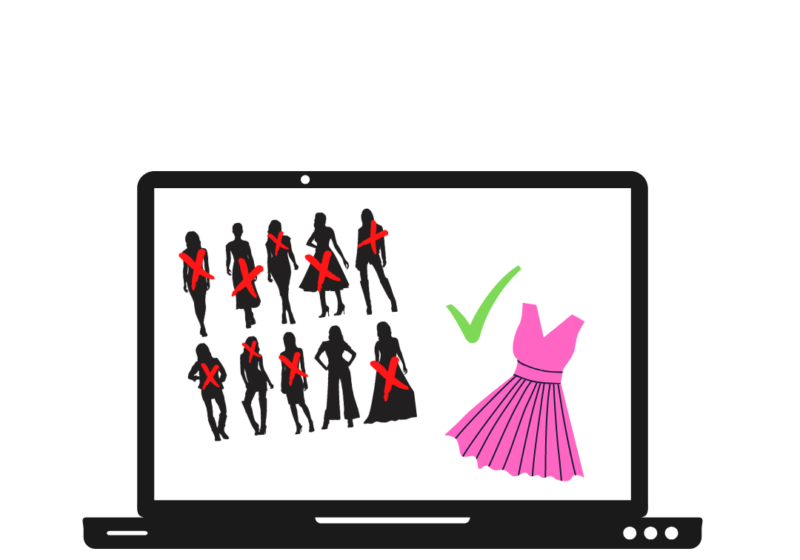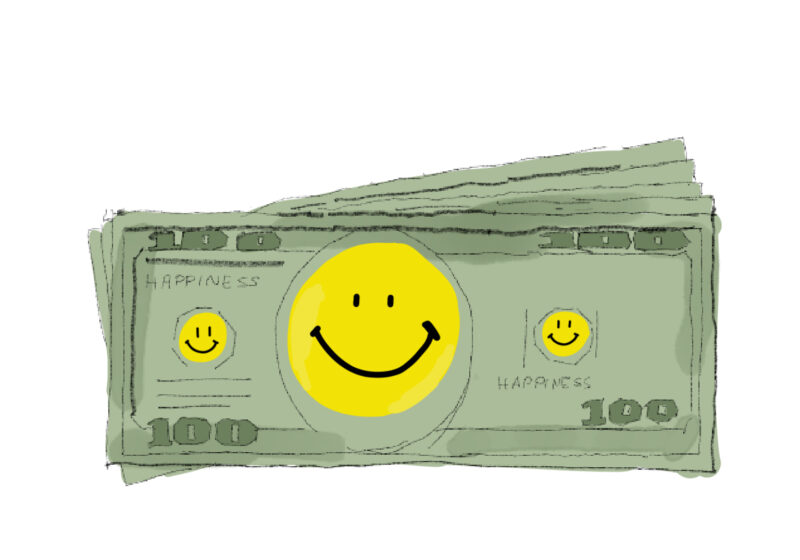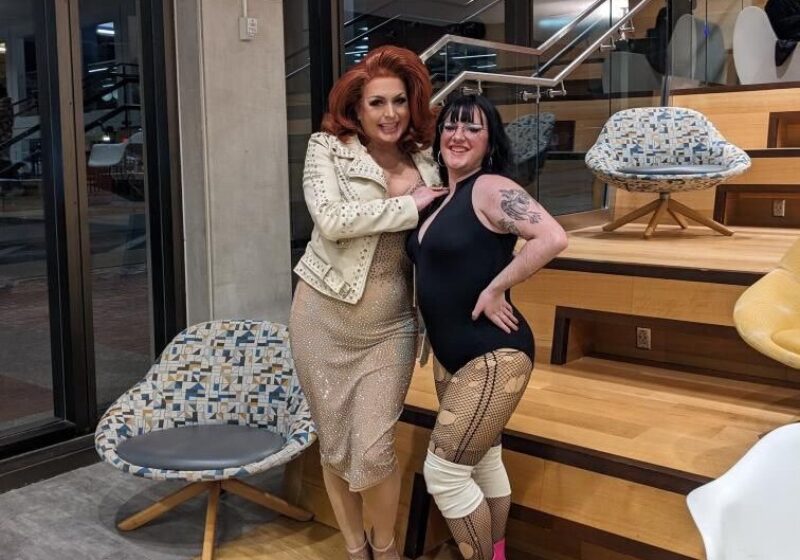Have y’all ever noticed how a lot of mainstream feminist culture has become competitive? Sorry to come out swinging with that one, but I think it’s true. I’m also certain I’m not the first person to point this out, but I feel like it isn’t talked about enough.
I started consciously recognizing it within “I’m not like other girls” memes. It created a distaste against feminine expression in women. Suddenly, in an effort branded “feminist”, a bunch of people earnestly simplified the female experience to either “you like pink” or “you like black,” and the girls who liked black were better. A lot of this experience colored my own, and many other young adults’, formative years; not just this specific microcosm, of course, but the culture that curated it and enjoyed it. One recent example that comes to mind was the vilification of “VSCO girls” who liked puka shells, hydroflasks, taking ”aesthetic” pictures, and wearing shorts and oversized T-shirts. In other words, enjoying any one of a whole list of popular things was now deemed cringy and undesirable.
Perhaps they could have been categorized as a bit annoying, but they were torn to shreds on platforms like TikTok. It’s worth mentioning there was no male version of a VSCO girl; it was literally in the name that they were girls. Around the same time came a casual joke of making fun of teenage girls for calling themselves “crackheads” or labeling private Snapchat stories as such. Again, I would label this as potentially annoying, but it makes me wonder why a harmless habit garnered this much animosity towards teenage girls exploring their interests and identities.
I also totally fell victim to hating on normal girls. Whenever I watched “Mean Girls,” a masterpiece of a film, I couldn’t imagine being anyone but Janice with the reasoning being “screw the plastics.” Somehow I thought that almost all girls liked pink and skirts and makeup, and they were just making the wrong choice. One that subjugated them to the male gaze. There were people around me who thought the same way and reinforced that toxic line of logic, insisting that anything that didn’t break gender roles could not be empowering.
But as I’ve grown older and become more involved with exploring what empowerment means to me and my own experiences as a woman, I realized I had it totally wrong. I kind of want to be Regina George (but nicer). I liked the way her room looked, and she had a great fashion sense. And what’s wrong with enjoying brightly colored makeup and buying clothes that make you feel good? Even when not embracing the pastel pink part of my personality, I’ve begun to realize the one-upmanship we tend to fall into discounts the fact that we are all distinct individuals who have shared the same experiences. Our time and energy, if we truly want to rid society of toxic masculinity, is better spent bridging the gaps of understanding between groups of women rather than pitting ourselves against each other.
In the last year or so, I’ve watched the pendulum start to swing the other way. There’s been a recent celebration of bimbo culture, men embracing feminine fashion, and the revival of hyper-feminine Y2K style, to name a few examples. Of course, that doesn’t mean that the world, and internet spaces in particular, are suddenly no longer hostile toward women to any degree. It does feel like we’re coming closer to embracing femininity for personal desires rather than to placate the desires of others, and rallying support and empowerment around those who are exploring feminine identity and interests openly. I can only hope this means the culture of social media is moving in a direction that doesn’t make fun of young women for existing, and doesn’t encourage others to point and say “well, at least I’m not like her.”






